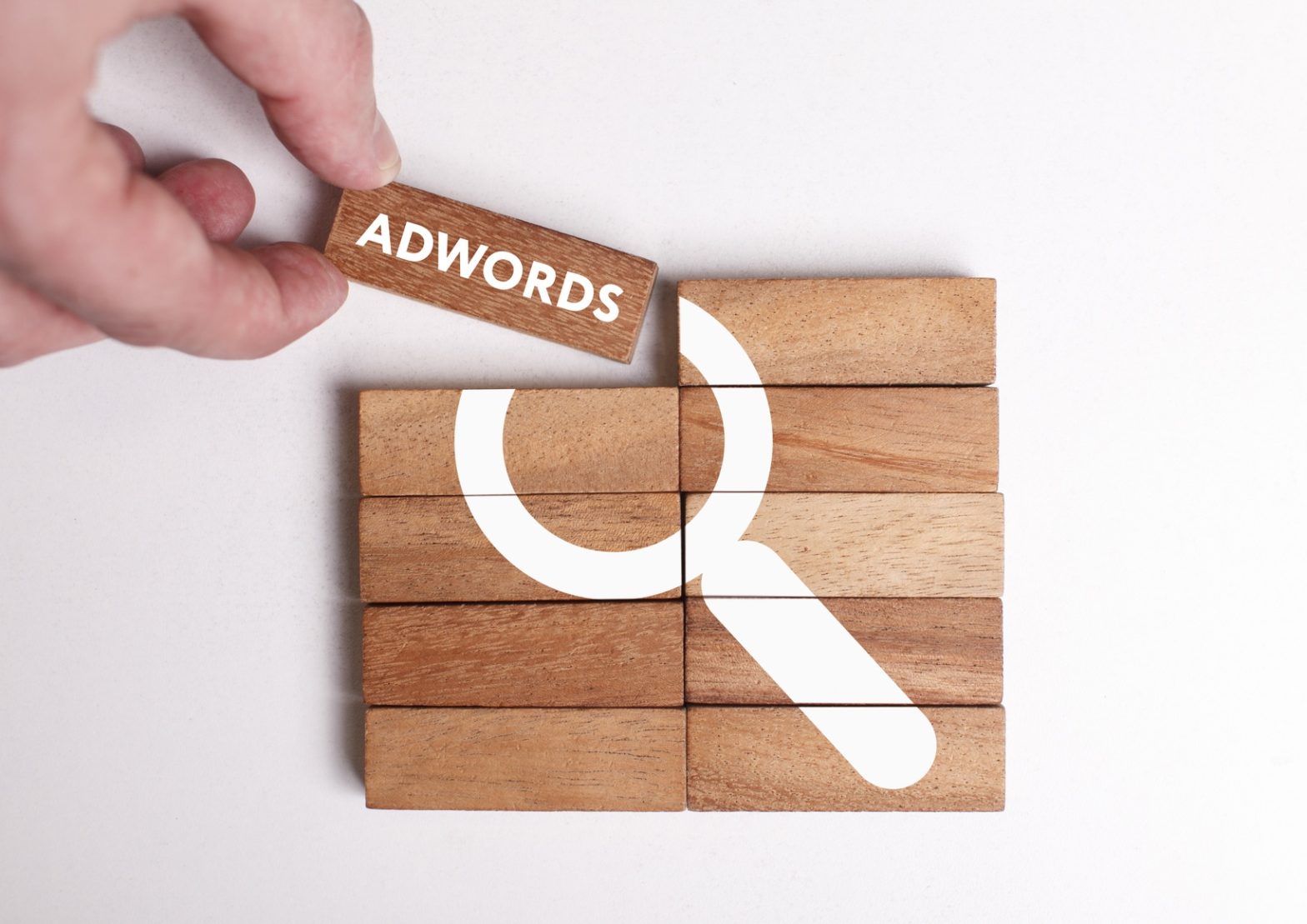
AdWords advertising uses a system similar to traditional auctions to decide which marketers’ ads show up and in what order they appear. As one of those marketers’ account managers, you bid high and you bid low, resulting in ads that appear higher or lower on the advertising food chain. And while you probably use a variety of tactics to set and adjust your bids for a period of weeks or months, you may not have the budget or the desire to pay for an additional management system to deal with your AdWords account. Whether you take on the full responsibly yourself or work with assorted team members to manage the account, there is such a thing as over-management, specifically keyword overbidding. Let’s take a deeper look into why overbidding is a major AdWords pitfall:









